15 Inexpensive Foods That Are Healthier Than You Realize
Finding healthy foods that fit within a tight budget is easier than you might think. There are many affordable options that are packed with important nutrients. You do not need to compromise on your health to save money. These foods are great for supporting a balanced and nutritious diet. Including them in your meals can help you maintain good health without spending too much.
This post may contain affiliate links, which helps keep this content free. Please read our disclosure for more info.
Canned Beans
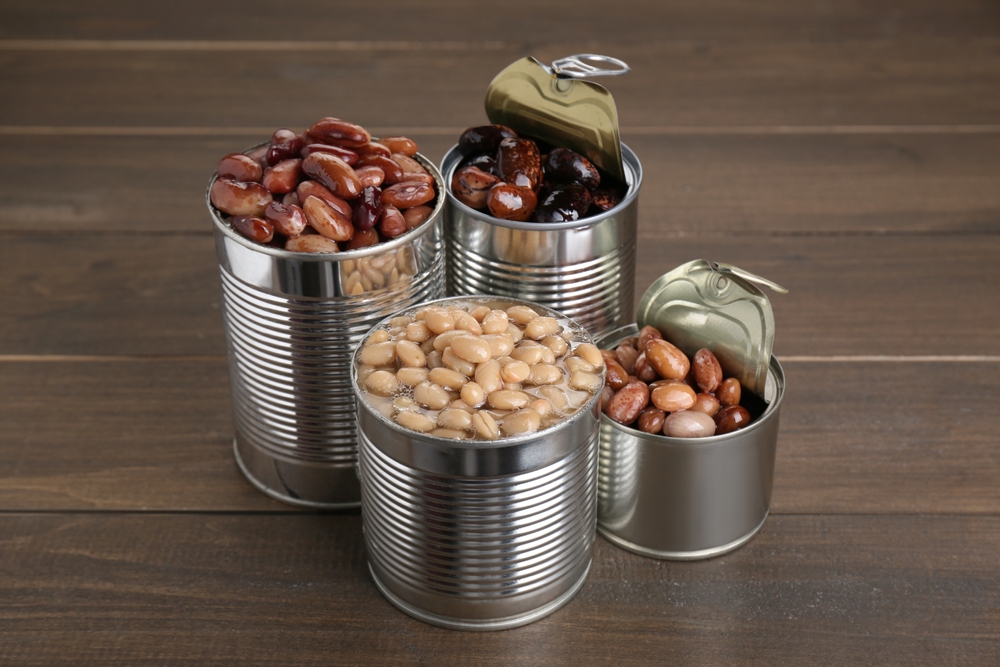
Canned beans are an affordable source of protein, fiber, and essential nutrients like iron and potassium. They are great for supporting heart health and digestion. A can typically costs around $1 to $2, making it a cost-effective option. You can also grow beans in your garden if you have the space, providing an even more budget-friendly way to obtain them.
Canned beans are easy to store and have a long shelf life, making them convenient to keep on hand. They can be added to salads, soups, and stews, or used as a main dish. Look for low-sodium varieties to keep them healthier. They are a great option for anyone looking to eat nutritious food without spending too much.
Sweet Potatoes
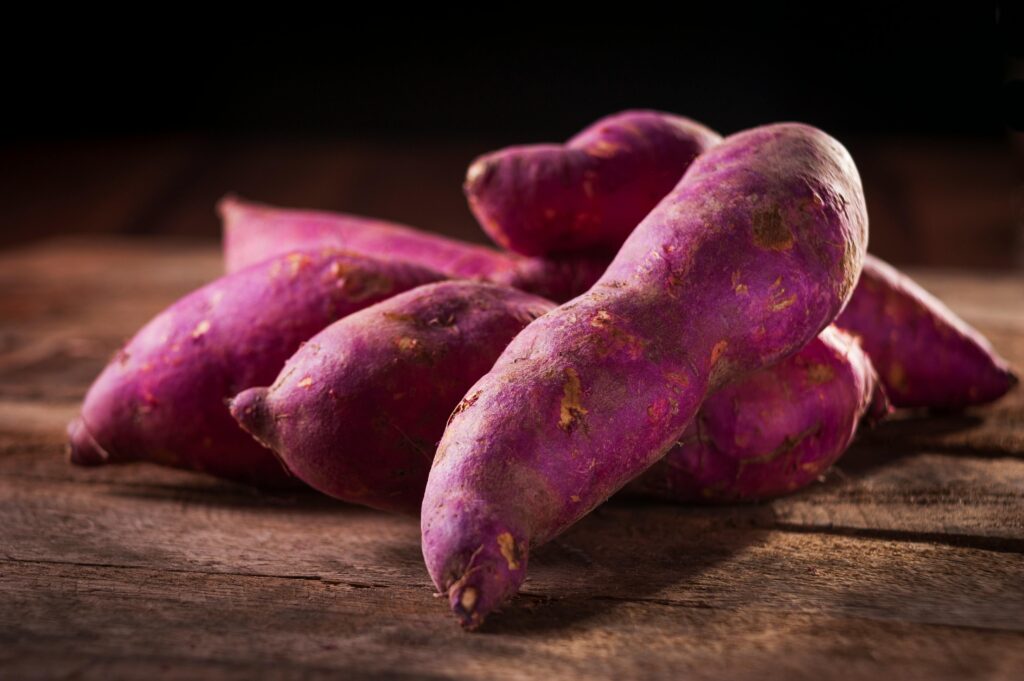
Sweet potatoes are loaded with vitamins A and C, as well as fiber and antioxidants. A single sweet potato can cost around $1 to $2, depending on the size and where you buy it. They can be grown in your backyard if you have the space, offering an even more affordable way to enjoy this nutritious food.
Sweet potatoes are versatile and can be roasted, mashed, or added to stews. They provide energy and help maintain healthy vision. This vegetable is a great addition to any meal, as it is both tasty and nutritious. Its natural sweetness makes it a family favorite for those looking to eat healthier.
Oats
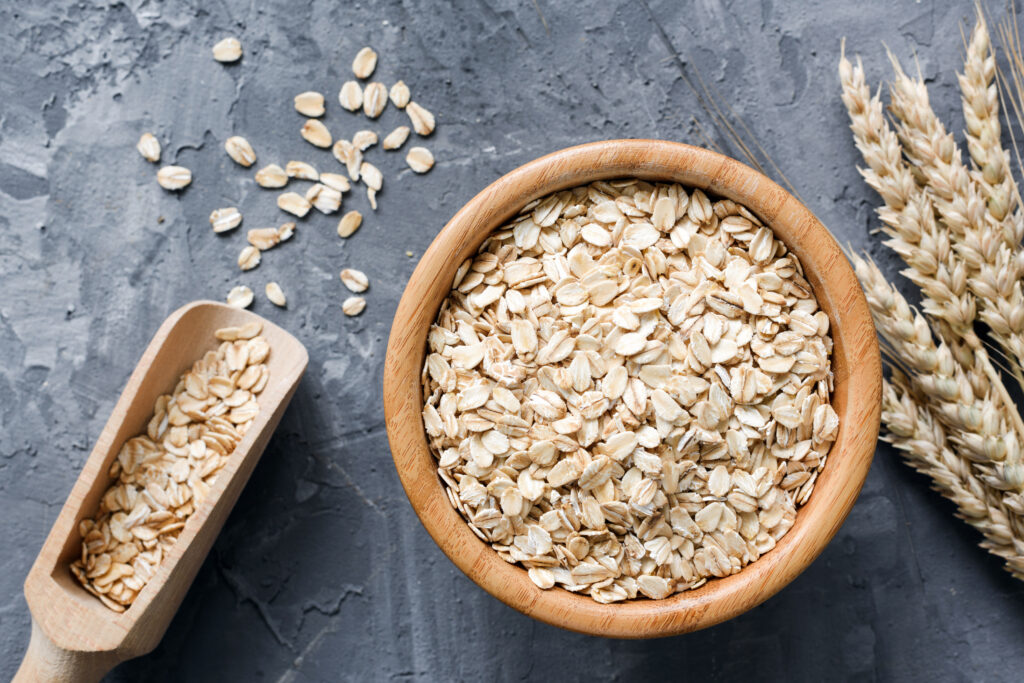
Oats are rich in fiber, particularly beta-glucan, which helps lower cholesterol levels. A bag of oats usually costs around $2 to $3, which can last for several meals. You can grow oats in cooler climates, making them an option to grow yourself if you want a completely cost-free food source.
Oats are incredibly versatile, perfect for making oatmeal, smoothies, or even baked goods. They are a great way to start the day with a nutrient-packed breakfast. The fiber content in oats helps keep you full and satisfied for longer. Incorporating oats into your diet is a simple way to eat healthy without spending much.
Carrots
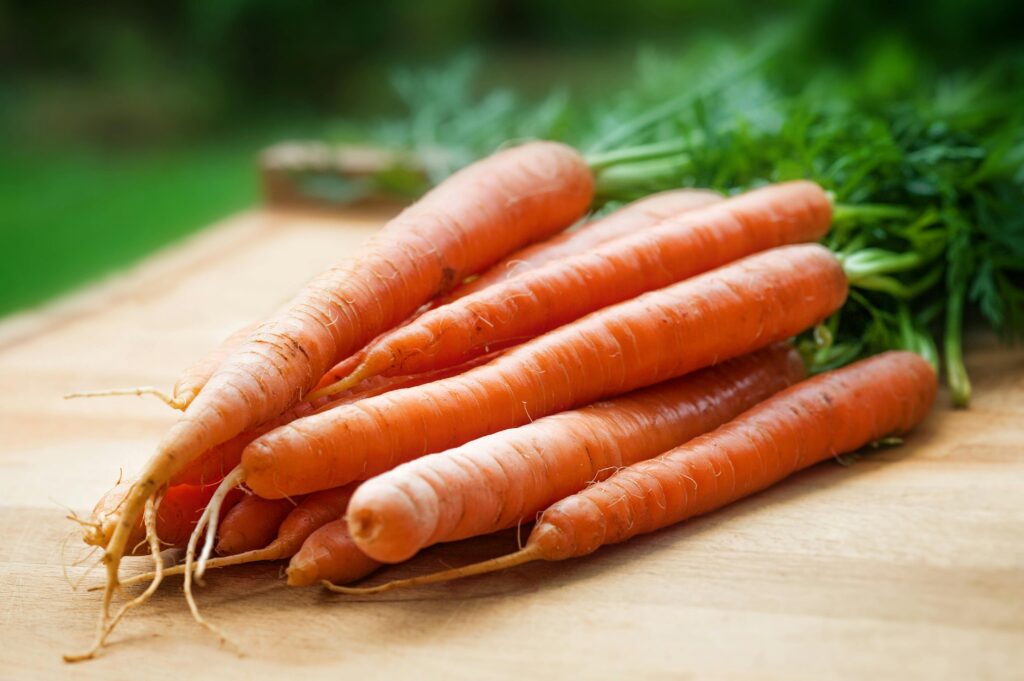
Carrots are an excellent source of beta-carotene, which supports eye health, and they are also packed with fiber. They generally cost between $1 and $2 per bunch or bag. If you have a garden, carrots are easy to grow and can be harvested in a few months, making them an inexpensive option to cultivate yourself.
Carrots can be enjoyed raw, cooked, or in juices. They are low in calories and provide a satisfying crunch, making them perfect for snacking. The nutrients found in carrots promote healthy skin and a strong immune system. This root vegetable is a healthy, affordable choice for anyone looking to improve their diet.
Cabbage
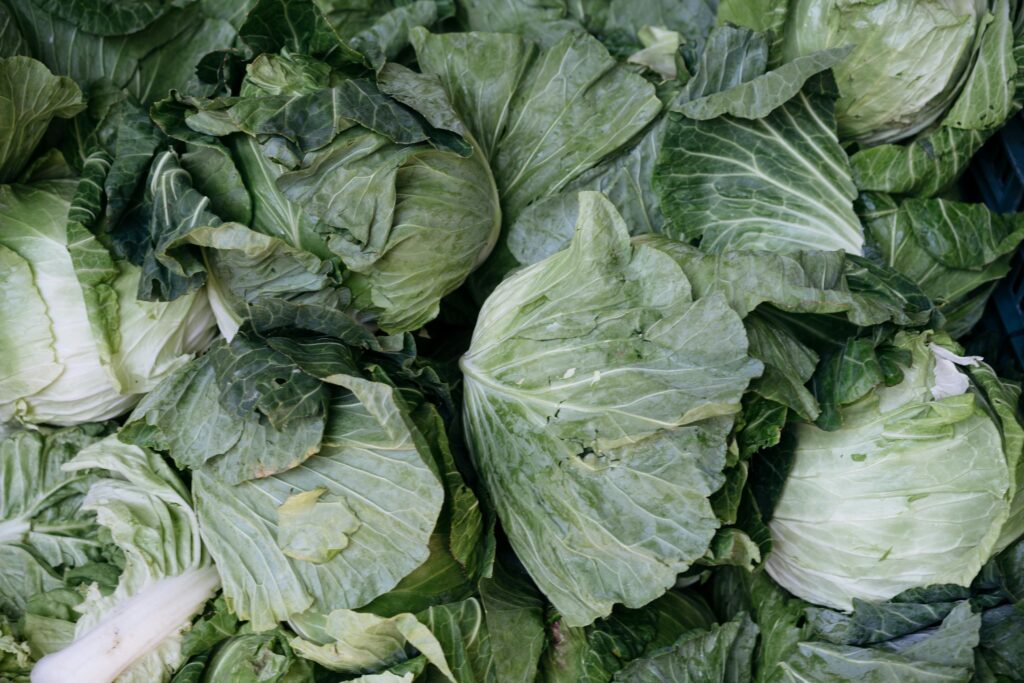
Cabbage is a low-calorie vegetable rich in vitamin K, C, and fiber. A head of cabbage typically costs around $2 to $3, and it can last for several meals. If you have a garden, cabbage is relatively easy to grow and can provide multiple harvests throughout the season.
Cabbage can be eaten raw in salads, cooked in stir-fries, or even pickled for a tangy snack. It is known for its cancer-fighting properties due to the antioxidants it contains. With its long shelf life, cabbage is a convenient vegetable that can stretch your grocery budget. It is an excellent, nutrient-packed option for any meal.
Frozen Vegetables
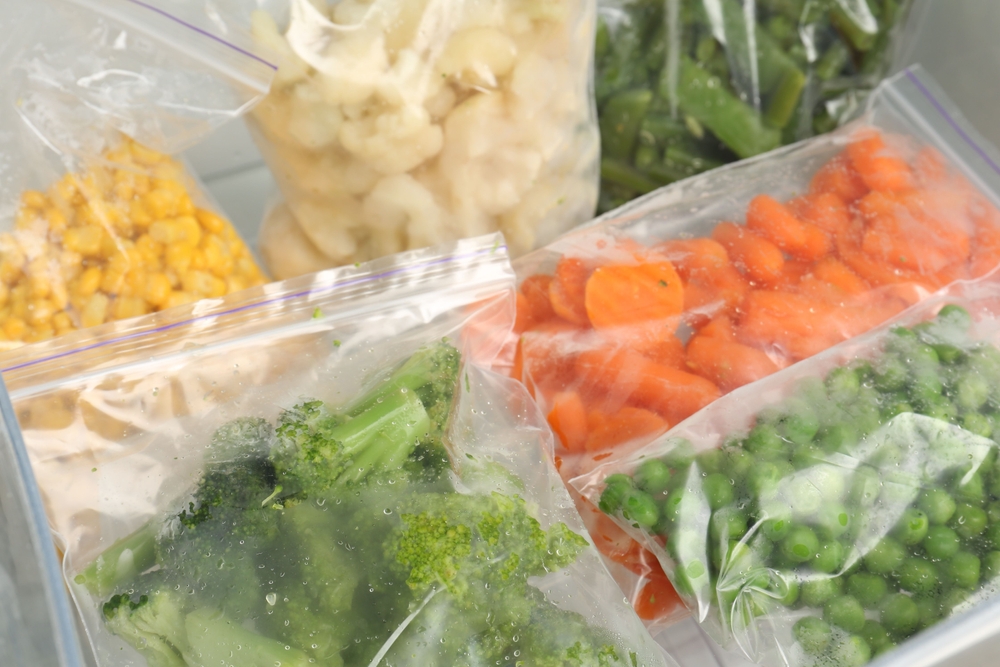
Frozen vegetables are just as nutritious as fresh ones and tend to be more affordable. A bag typically costs $1 to $3, depending on the variety and store. Many frozen vegetables can be grown in your garden, such as peas, spinach, and beans, which can save you money.
Frozen vegetables are convenient and can be added to almost any dish. They are harvested and frozen at peak ripeness, preserving their nutrients. You can store them for months, so they are perfect for meal prepping. This makes them an easy way to incorporate more vegetables into your diet without breaking the bank.
Bananas
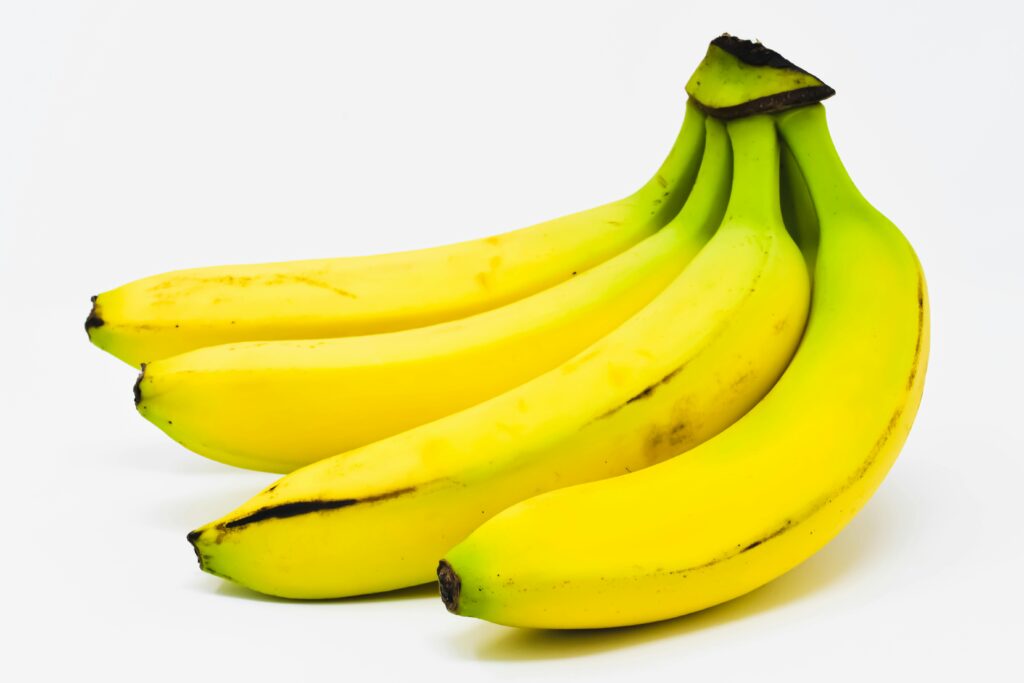
Bananas are a great source of potassium, vitamin C, and fiber. A bunch of bananas typically costs around $1 to $2, making them one of the most affordable fruits available. If you live in a tropical climate, you may be able to grow your own banana tree, offering an easy way to have fresh bananas at home.
Bananas are perfect for snacking on the go, or you can add them to smoothies, cereals, or baked goods. Their natural sweetness makes them a great substitute for processed sugar in many recipes. Bananas are an excellent source of energy, making them a popular choice for athletes. They are a healthy and budget-friendly option for anyone looking to eat more fruit.
Lentils
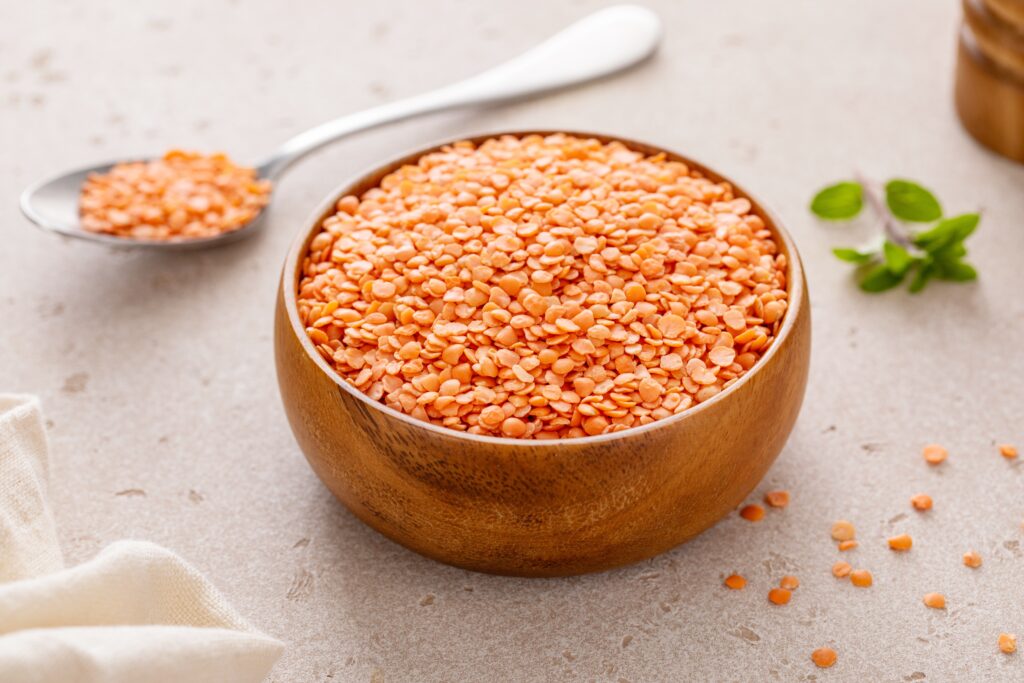
Lentils are packed with protein, fiber, and iron, making them a great meat substitute for vegetarians and vegans. A bag of lentils costs around $2 to $3 and can provide multiple meals. You can also grow lentils if you have the space, though they are typically cultivated in larger quantities.
Lentils cook quickly and can be used in soups, salads, or curries. They are versatile and can be seasoned in many different ways to suit any meal. Lentils are filling and provide long-lasting energy, making them an excellent choice for those on a budget. They are a cost-effective way to add plant-based protein to your diet.
Apples
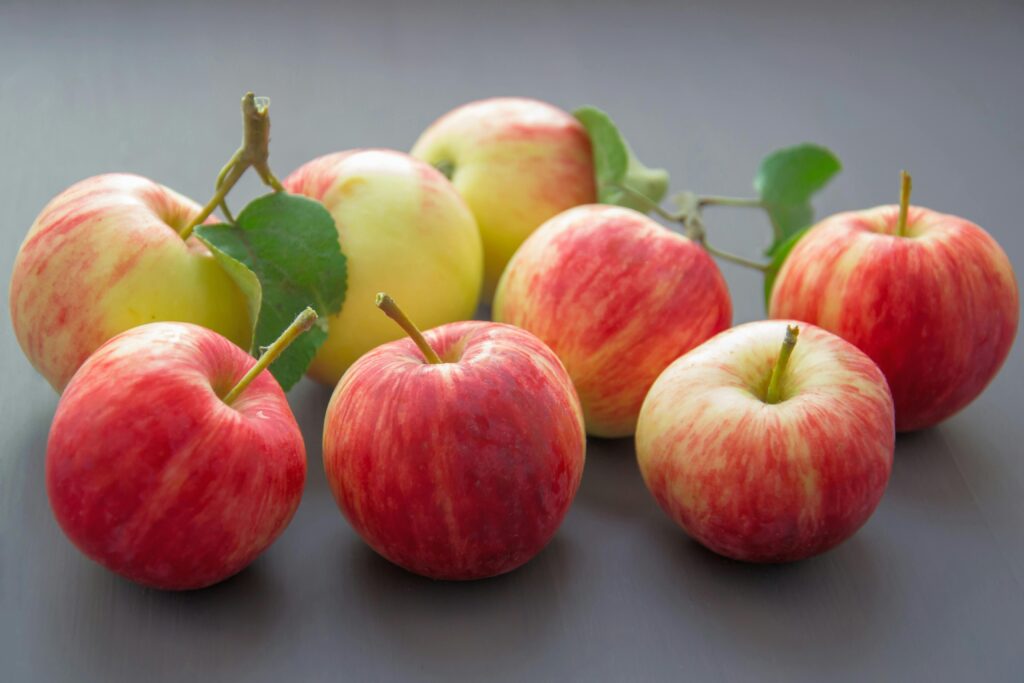
Apples are a rich source of vitamin C, fiber, and antioxidants, which support overall health. A bag of apples generally costs around $3 to $5, but you can often find them on sale. If you have a backyard, growing your own apple tree can provide a long-term source of fresh fruit at no additional cost.
Apples are perfect for snacking or can be added to smoothies, salads, or baked goods. They are low in calories and high in fiber, making them a great option for anyone looking to improve their diet. Apples are easy to store and have a long shelf life, making them a practical choice for healthy eating. They are a delicious, nutrient-packed snack for any time of the day.
Spinach
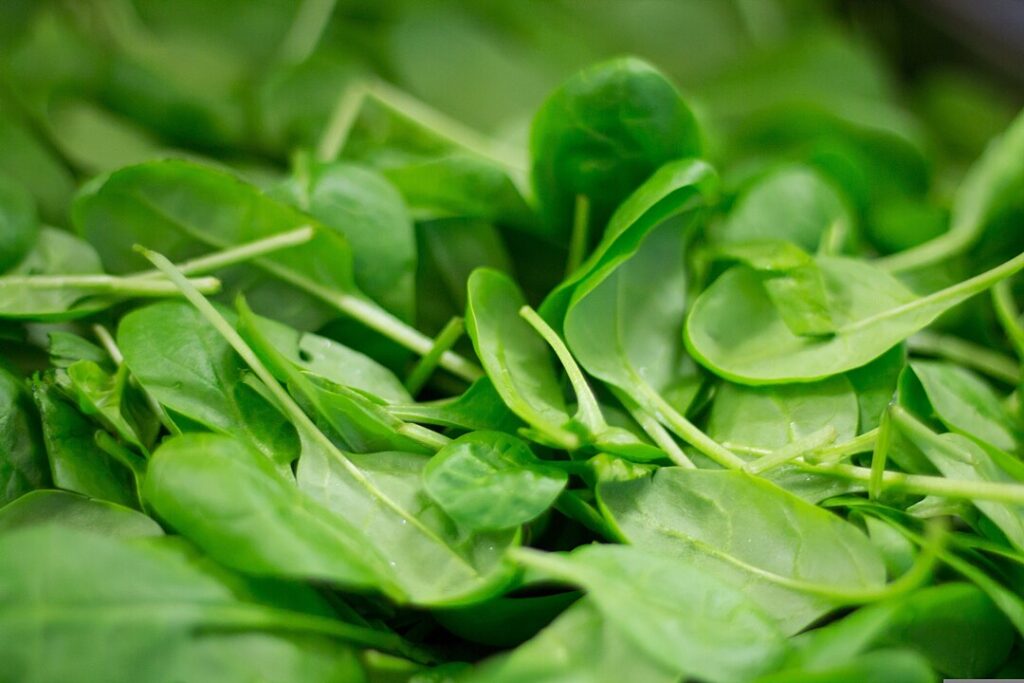
Spinach is rich in vitamins A and C, iron, and calcium, making it an excellent leafy green to include in your diet. A bag of spinach typically costs around $2 to $4, depending on whether you buy fresh or frozen. If you have a garden, spinach is easy to grow and provides a continuous supply of fresh greens.
Spinach can be used in salads, sandwiches, smoothies, or cooked into various dishes. It is low in calories and packed with nutrients that support bone health and improve digestion. The versatility of spinach makes it an easy addition to any meal. It is a budget-friendly way to add more vegetables to your diet without much effort.
Eggs
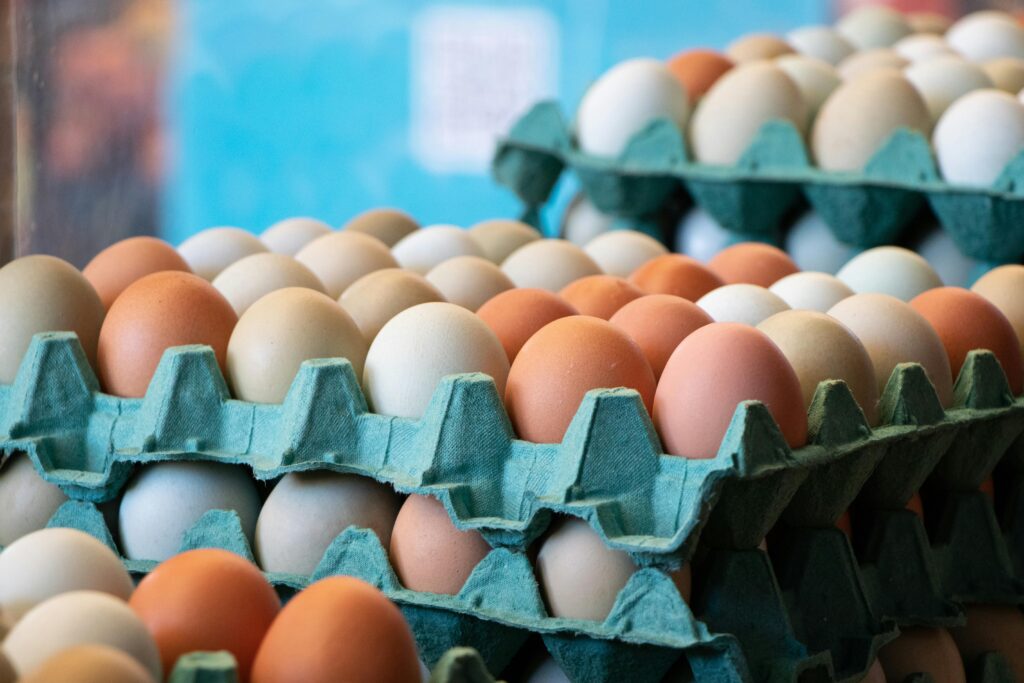
Eggs are an affordable source of protein, vitamins B12 and D, and essential amino acids. A dozen eggs usually costs around $2 to $3, making them one of the least expensive protein sources available. You can even raise chickens in your backyard, which will provide fresh eggs for a minimal cost.
Eggs are incredibly versatile and can be cooked in many ways, including scrambled, poached, or boiled. They can be added to salads, sandwiches, or served as the main dish for breakfast. Eggs are a great way to increase your protein intake without spending much. They are a staple food that fits well into any balanced diet.
Peanut Butter

Peanut butter is a good source of protein, healthy fats, and vitamins like B3 and E. A jar typically costs around $2 to $4, and it lasts for a long time. You can even make your own peanut butter at home by blending peanuts, making it an even more affordable option.
Peanut butter can be spread on toast, used in smoothies, or enjoyed as a snack with fruits and vegetables. It is a filling and satisfying food that provides long-lasting energy. It is also great for anyone looking for an affordable, nutrient-dense addition to their diet. Peanut butter is a healthy, cost-effective source of protein for many meals.
Zucchini
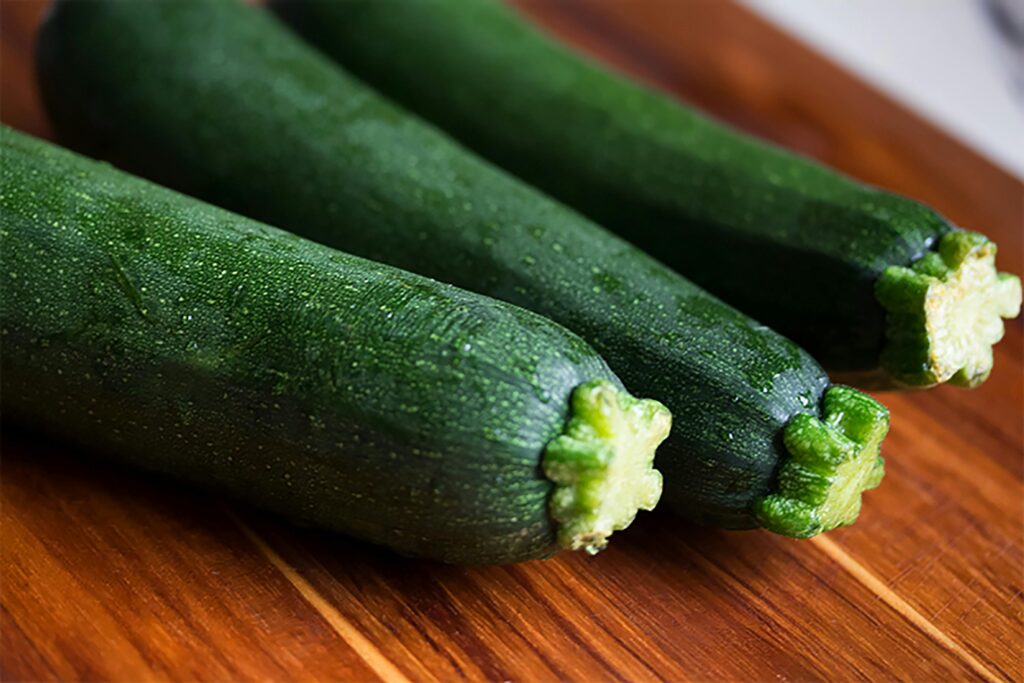
Zucchini is a low-calorie vegetable that is rich in vitamins C and A, as well as fiber. A zucchini usually costs between $1 and $2, making it one of the more affordable vegetables. Zucchini is easy to grow in a garden, and it yields plenty of produce over the season.
Zucchini can be grilled, sautéed, or added to salads, pasta dishes, and soups. It is a versatile vegetable that adds texture and nutrients to any meal. Its mild flavor allows it to pair well with many different types of dishes. Zucchini is a great way to add more vegetables to your diet without spending much.
Tomatoes
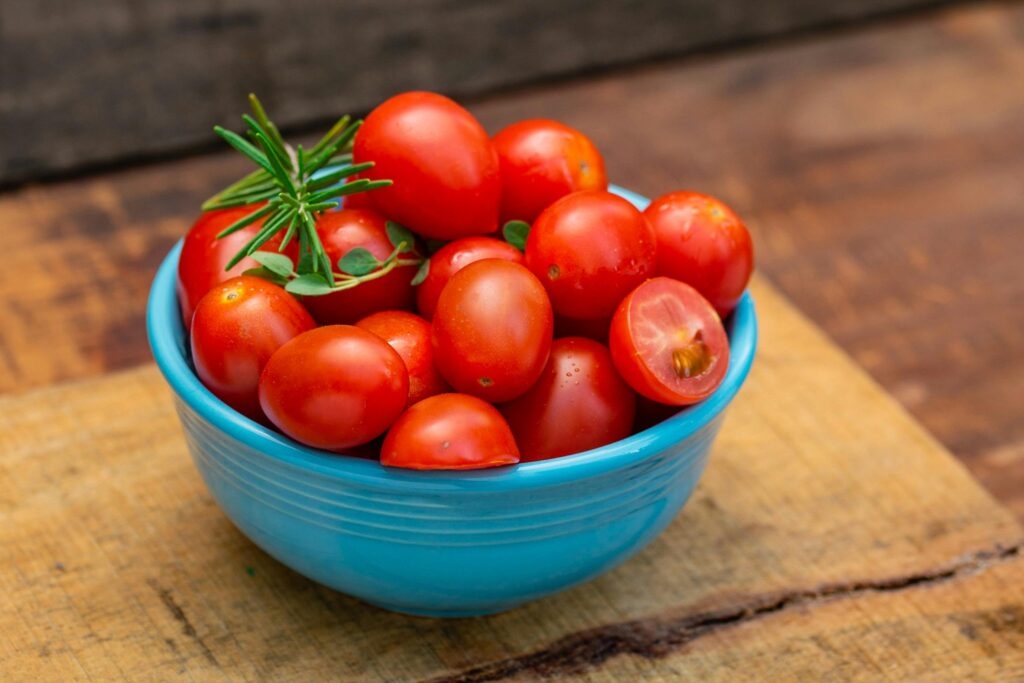
Tomatoes are an excellent source of vitamins A and C, as well as antioxidants like lycopene. A bag of tomatoes typically costs around $3 to $4, depending on the variety. If you have a garden, tomatoes are easy to grow, and they produce a generous amount of fruit.
Tomatoes are perfect for salads, sandwiches, or sauces. They are low in calories and full of nutrients that support heart health. Tomatoes are incredibly versatile and can be enjoyed raw or cooked in many dishes. Growing your own tomatoes can provide fresh produce throughout the summer, saving you money.
Potatoes
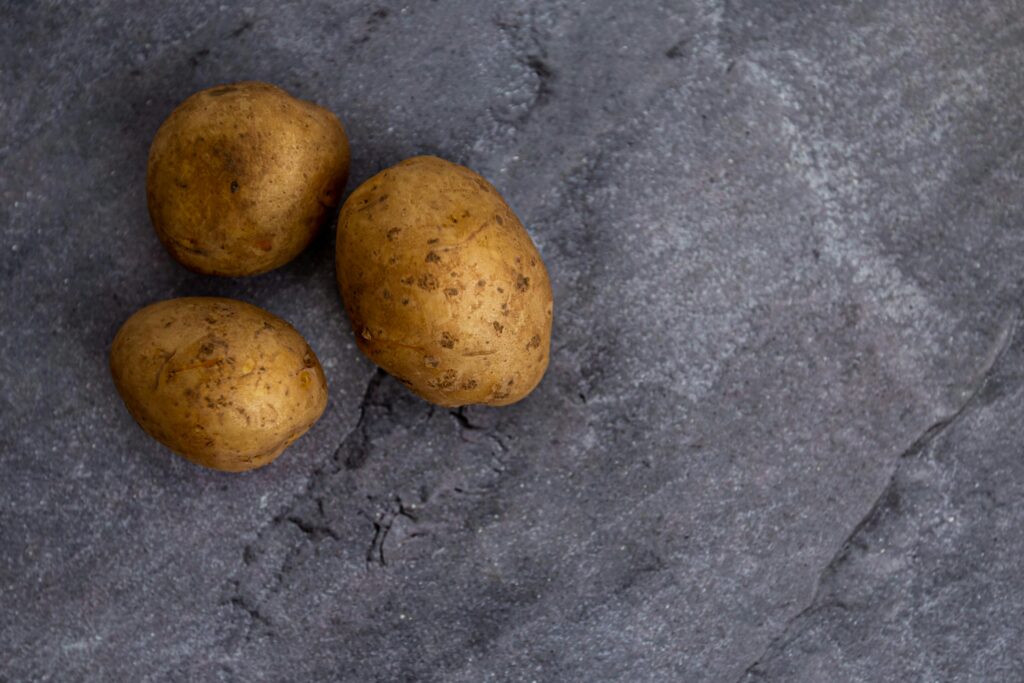
Potatoes are a great source of potassium, vitamin C, and fiber, making them a nutritious and filling food. A bag of potatoes usually costs between $3 and $5, offering plenty of servings. Potatoes are easy to grow in your garden, providing a low-cost way to enjoy this staple vegetable.
Potatoes can be baked, mashed, roasted, or made into soups, offering many ways to enjoy them. They are a versatile and affordable option for any meal. Potatoes are filling and provide long-lasting energy, making them a great choice for a healthy diet. This vegetable is an easy way to add nutrients to your meals without spending too much.
Maintaining a healthy diet on a budget is possible with the right food choices. Many nutritious options are easy to incorporate into your meals without spending a fortune.
This article originally appeared on Avocadu.
